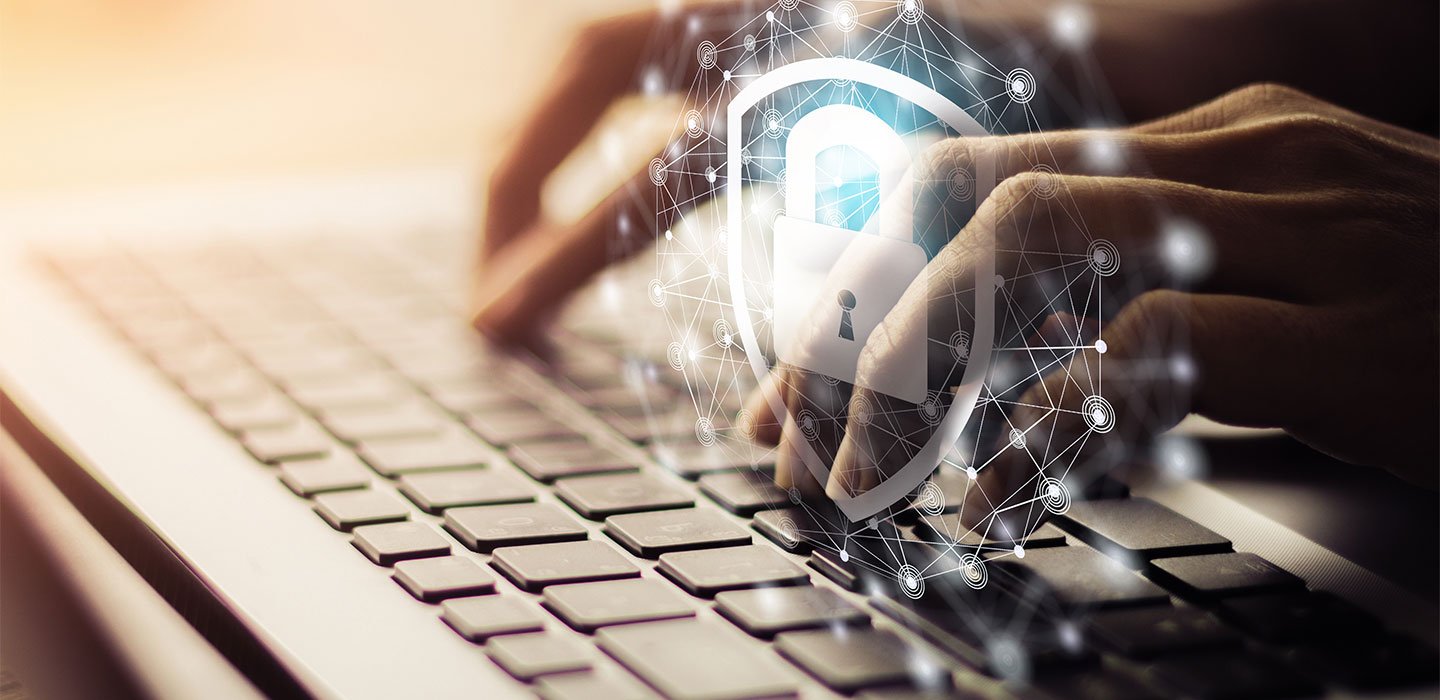There are plenty of options to manage your money that are convenient, some more secure than others. When transacting, which option do you choose?
For instance, should you use a credit card when shopping online, or is a debit card OK? Should you use a peer-to-peer (P2P) payment app to pay rent or purchase something? Is it safe to use your debit card with a PIN at the gas station?
If you don't know the answers, here are some tips to help you stay safe.
Peer-to-Peer Money Transfer Apps
P2P apps like Zelle®, Venmo, PayPal and Apple Pay offer a great way to transfer money from a linked bank account, credit and debit cards, or a P2P account that contains your payment information. Depending on the app, the transfer may happen immediately or take from one to three days to show up in the recipient's account. Most transactions are free of charge unless you use a credit or debit card and then you may pay 2% to 3% for processing.
While P2P can be a fast and convenient way to pay people you know and trust such as your friends, family or babysitter, they're not a smart option for buying goods and services from vendors or individuals you don't know, or for paying rent or utilities. Commercial websites provide information about payment services they support and any protections offered to consumers. For the most protection, link your P2P app to a credit card.
Mobile Wallets
The beauty of mobile wallets is that they are a virtual copy of your physical wallet, allowing you to store all your cards on your mobile device. To access your stored information you use a PIN, face recognition or a fingerprint. You can pay for things without having to use a physical card and can transfer money with a mobile app. Unlike swiping a card at the register, your information is secure, because the transactions don't transmit your actual account or card numbers. Instead, each transaction generates random numbers, keeping fraudsters at bay.
Credit Cards
Credit cards are a very secure way to transact because unlike debit cards, they are not linked to your financial accounts. All U.S. credit cards have chip technology that prevents fraudsters from stealing account information. In addition, if someone uses your card or credit card number and racks up charges, you're not responsible for this fraudulent activity. The only instance where you may be liable is if your card is lost or stolen and used before you report it. Then you may be liable for $50 of these charges, so it's important to report a lost or stolen card as soon as possible. You can also dispute a potentially fraudulent charge, or if a product or service is subpar. Your card issuer will then freeze the charge until the dispute is settled, and you won't have to pay for it if your claim is valid.
Debit Cards
Debit cards are an easy way to transact without carrying cash. While convenient, be careful, especially when entering your PIN. If someone gets your account information or PIN, they can easily drain your account. Your financial institution will help you resolve fraudulent activity, but it takes time to review the charges and refund your money. Don't automatically use your PIN if you don't need cash back.
For instance, if you're pumping gas, run it as credit instead, because gas station debit card slots are targets for skimming devices that can steal your financial information.
According to the Federal Trade Commission, if you report a debit card lost or missing before a thief uses it, you aren't responsible for any unauthorized transactions. If you discover fraudulent activity before you report it lost or stolen, your liability will depend on how fast you report it. For instance, if you report it within two days after you lose it or it's stolen the most you'll be liable for is $50. But if you wait, and fail to report fraud more than two days or less than 60 days from receiving your statement, the amount can be as much as $500. Wait more than 60 calendar days and you may be responsible for all losses.

